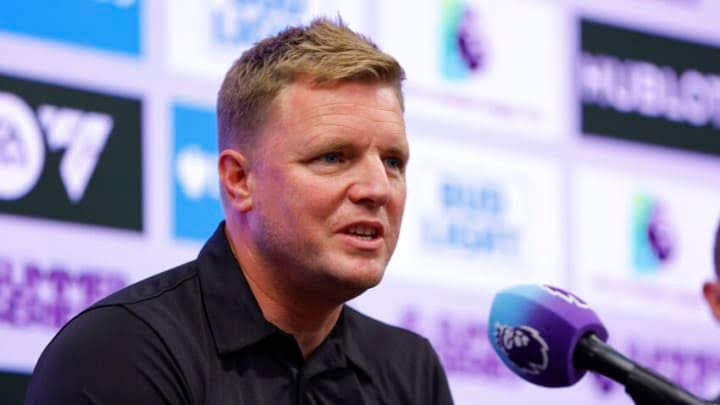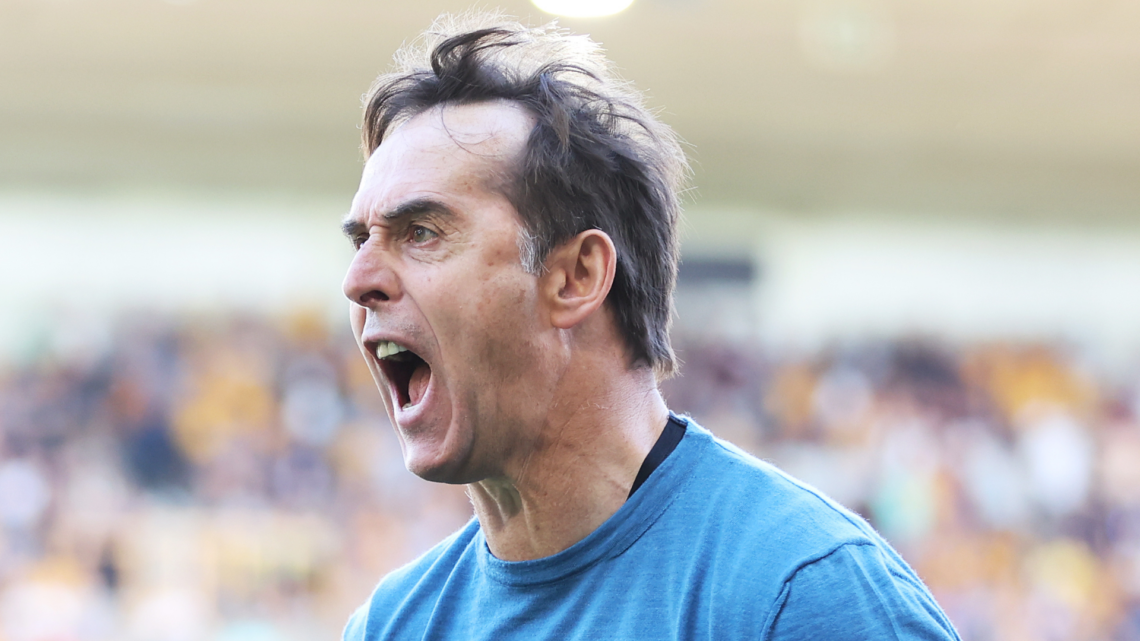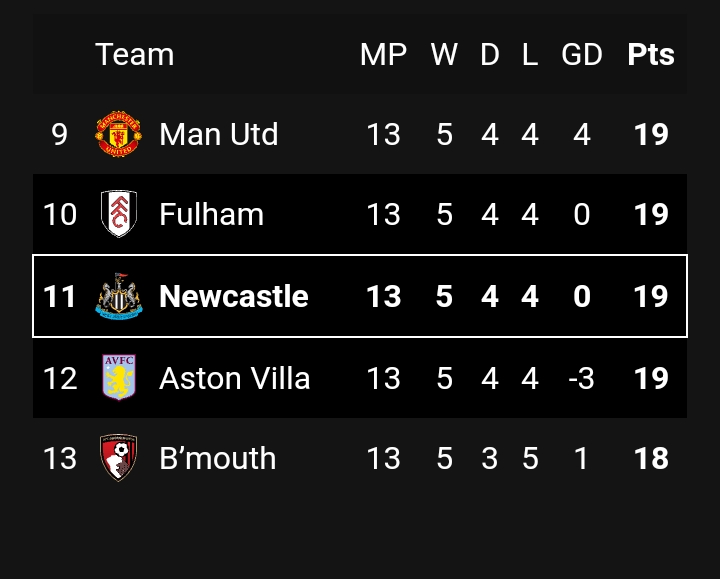Brentford’s bold decision to part ways with Ivan Toney in the summer has proven to be a masterclass in resilience and reinvention. Despite selling their talismanic striker—who amassed a jaw-dropping 72 goals in 141 outings for the club—to Saudi-owned Al Ahli for a staggering £40 million, the West London outfit has not only survived but thrived in his absence.
Their attack this season has been nothing short of electric. The Bees have netted an impressive 27 goals in just 14 Premier League games, a testament to their dynamic front line. Leading the charge are Bryan Mbeumo and Yoane Wissa, who have seamlessly filled Toney’s void by bagging eight goals each. In a striking comparison, Newcastle United—a team often lauded for its firepower—has managed just one more goal than the Brentford duo combined.
Newcastle’s manager Eddie Howe couldn’t help but applaud Brentford’s remarkable adaptability. Reflecting on Toney’s departure, Howe called it a “powerful reminder” of how teams can evolve and even thrive after losing a marquee player. “The game never stops, and no single player defines a team,” Howe remarked. “Brentford has not only replaced Toney’s goals but redefined their style with pace and unpredictability in the attacking areas. Their recruitment strategy is nothing short of phenomenal.”
Toney’s shadow still looms large in certain quarters, especially against his former club Newcastle, where he scored three goals in five encounters for Brentford. Yet, Brentford’s transformation has silenced any lingering doubts. They’ve become a shining example of how ingenuity and shrewd planning can elevate a team, even after losing a player many considered irreplaceable.
The message from Brentford is loud and clear: evolution, not stagnation, is the key to footballing success.



